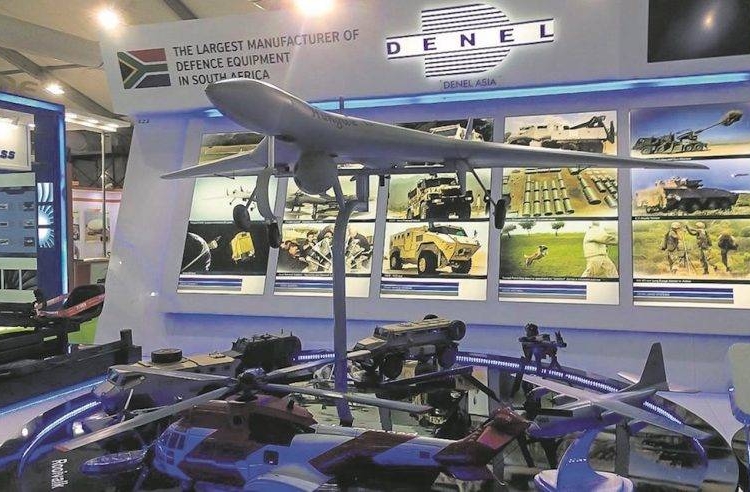Denel, the South African state-owned defense conglomerate, is making significant strides in executing its turnaround strategy. Interim Denel Group CEO Mike Kgobe provided an update to the Portfolio Committee on Public Enterprises, highlighting key developments and progress made by the company.
Denel has received nearly R1 billion from the Denel Medical Benefit Trust (DMBT) and R3.4 billion from Treasury recapitalization, which has played a crucial role in stabilizing the company. The recapitalization funds have allowed Denel to restructure its operations and transition to a new business model, reducing its divisions from six to four operating units: Guided Weapons, Land, Air, and Integrated Systems.
To complete its turnaround plan, Denel requires R2.29 billion, which will be funded through the sale of non-core assets and the remaining recapitalization funds from the National Treasury.
The primary objectives of Denel’s turnaround plan are to secure its existing customer base and resume key programs that were previously on hold. Notable progress has been made in restarting crucial programs like Hoefyster, which had been paused for five years, and restructuring activities related to the A-Darter missile for the South African Air Force.
Denel has also been focused on rebuilding its Dynamics division, particularly in the area of guided weapons and unmanned systems, following critical skills losses. This effort has shown progress in recent months.
The company is now transitioning into a growth phase, actively exploring new revenue streams worldwide and responding to international requests for proposals. “We are now moving into the growth phase, and chasing new revenue streams around the world as well as identifying numerous opportunities. There have been requests for proposals internationally and we are busy responding to that,” Kgobe said.
In terms of asset sales, Denel is in the process of selling properties to Rheinmetall Denel Munition (RDM) and Hensoldt South Africa, with the sales expected to conclude by October this year. While Denel will retain its 49% stake in RDM, it will sell its 30% share in Hensoldt South Africa.
According to a recent defenceWeb article, Denel is also revitalizing existing partnerships and forming new ones. In the UAE, Denel is normalizing its relationship with the Edge Group through its partnership with Barij Dynamics. Additionally, Denel is pursuing joint ventures with companies like Aselsan and Turkish Aerospace Industries in Turkey for access to technology and markets. This includes on the Rooivalk attack helicopter and how Denel can position the Rooivalk attack helicopter into the future.
Following a state visit to Saudi Arabia in 2022, Denel has reinvigorated its relationship with the Saudi defense sector, engaging with Saudi Arabia Military Industries (SAMI) and the General Authority for Military Industries (GAMI).
Denel management has supported initiatives to explore export opportunities, resulting in a substantial R30 billion opportunity pipeline both domestically and internationally. The company’s annual order book currently stands at R1.9 billion, with half of it secured.
In collaboration with the South African National Defence Force, Denel is focusing on critical issues in the short term, including support for C-130, Oryx, and Rooivalk aircraft, concluding phase 1 development of the Badger infantry fighting vehicle, restarting Project Kamas for A-Darter missiles, and delivering G5 and G6 artillery upgrades for the SA Army.
With regard to artillery systems, Kgobe highlighted a successful trial of the T5-52 self-propelled howitzer at Alkantpan last month, where nearly a dozen international participants came to witness the demonstration.
Denel’s progress in implementing its turnaround strategy is a positive sign for the company’s future and its role in South Africa’s defense industry.





